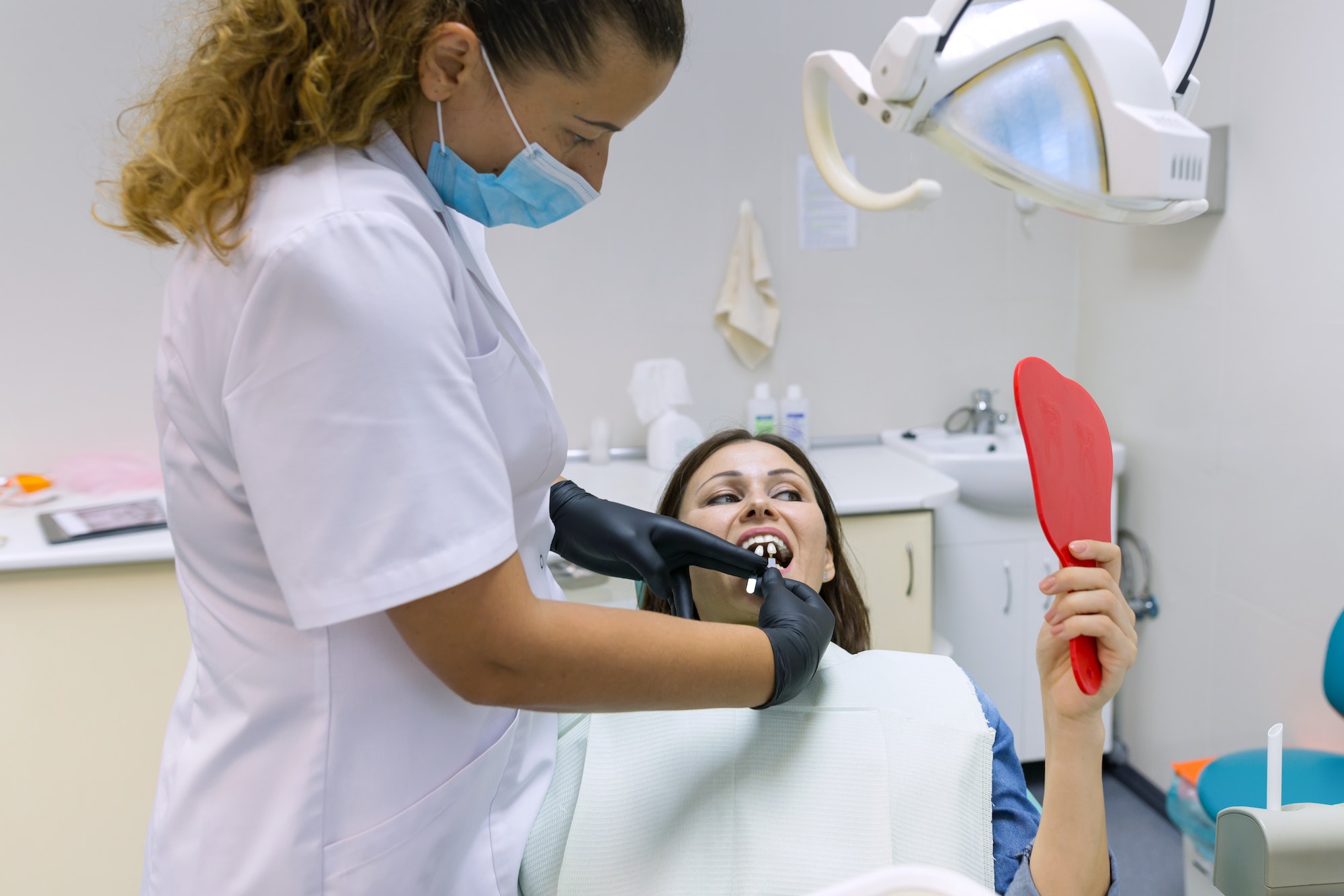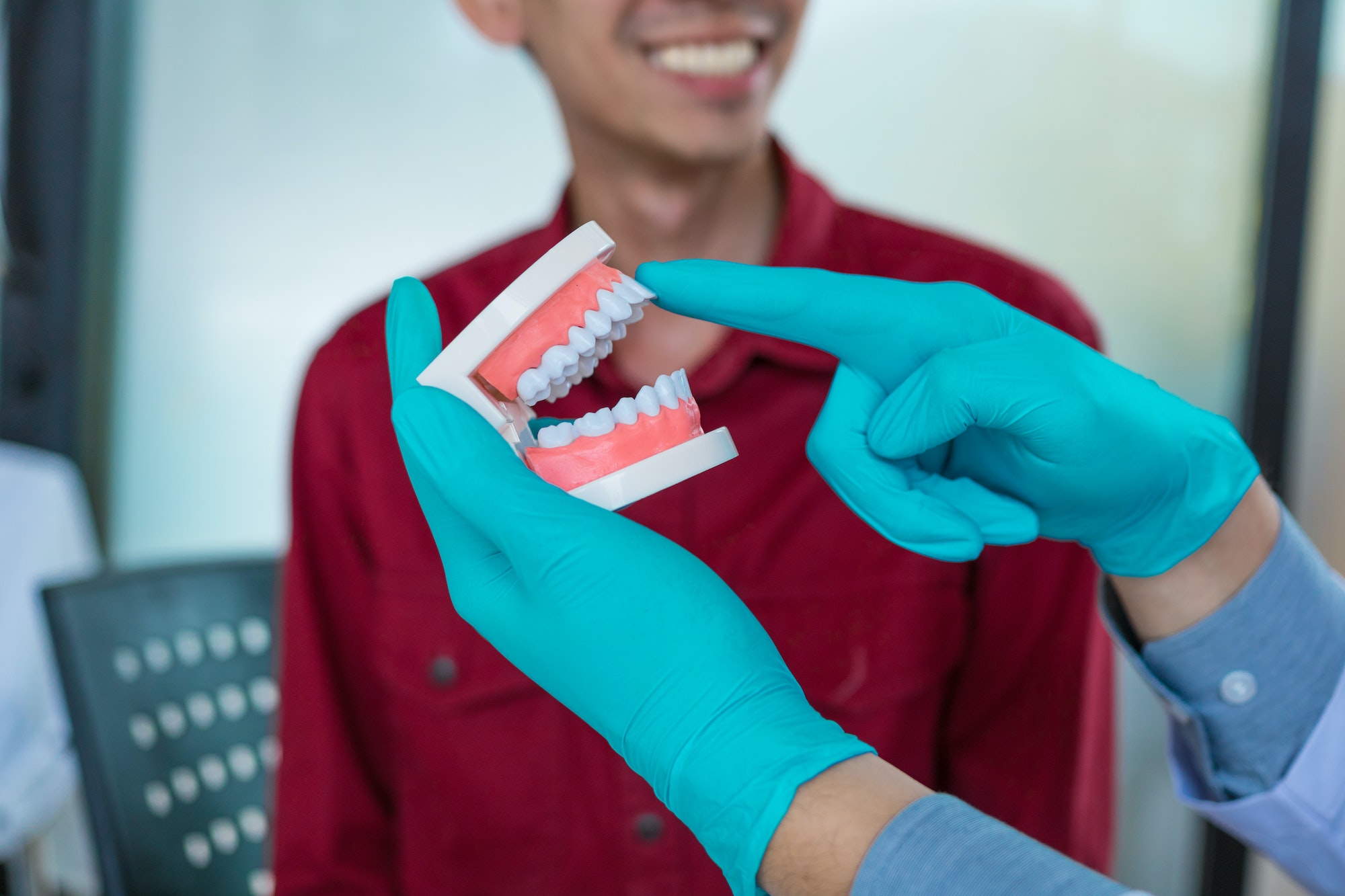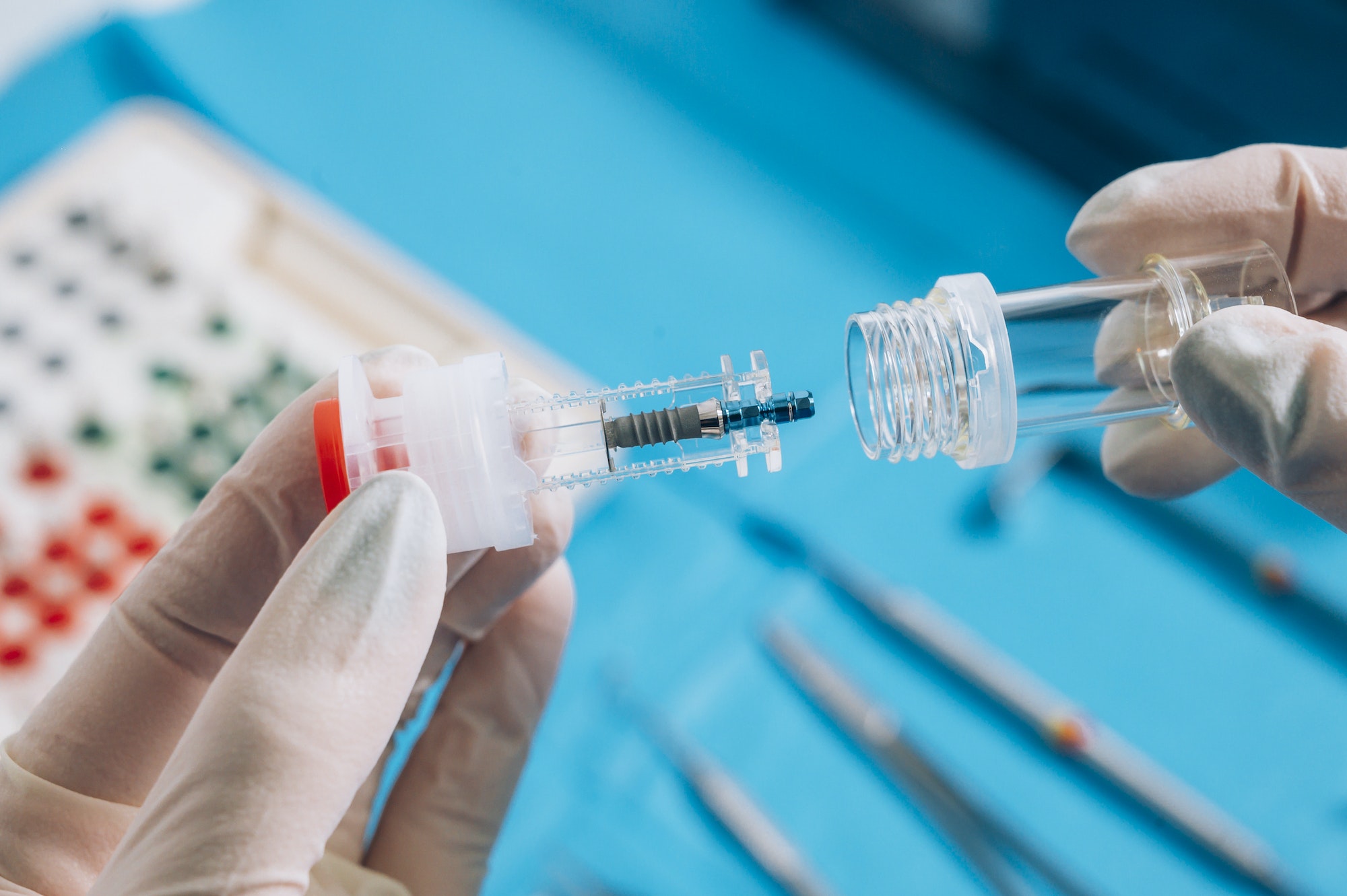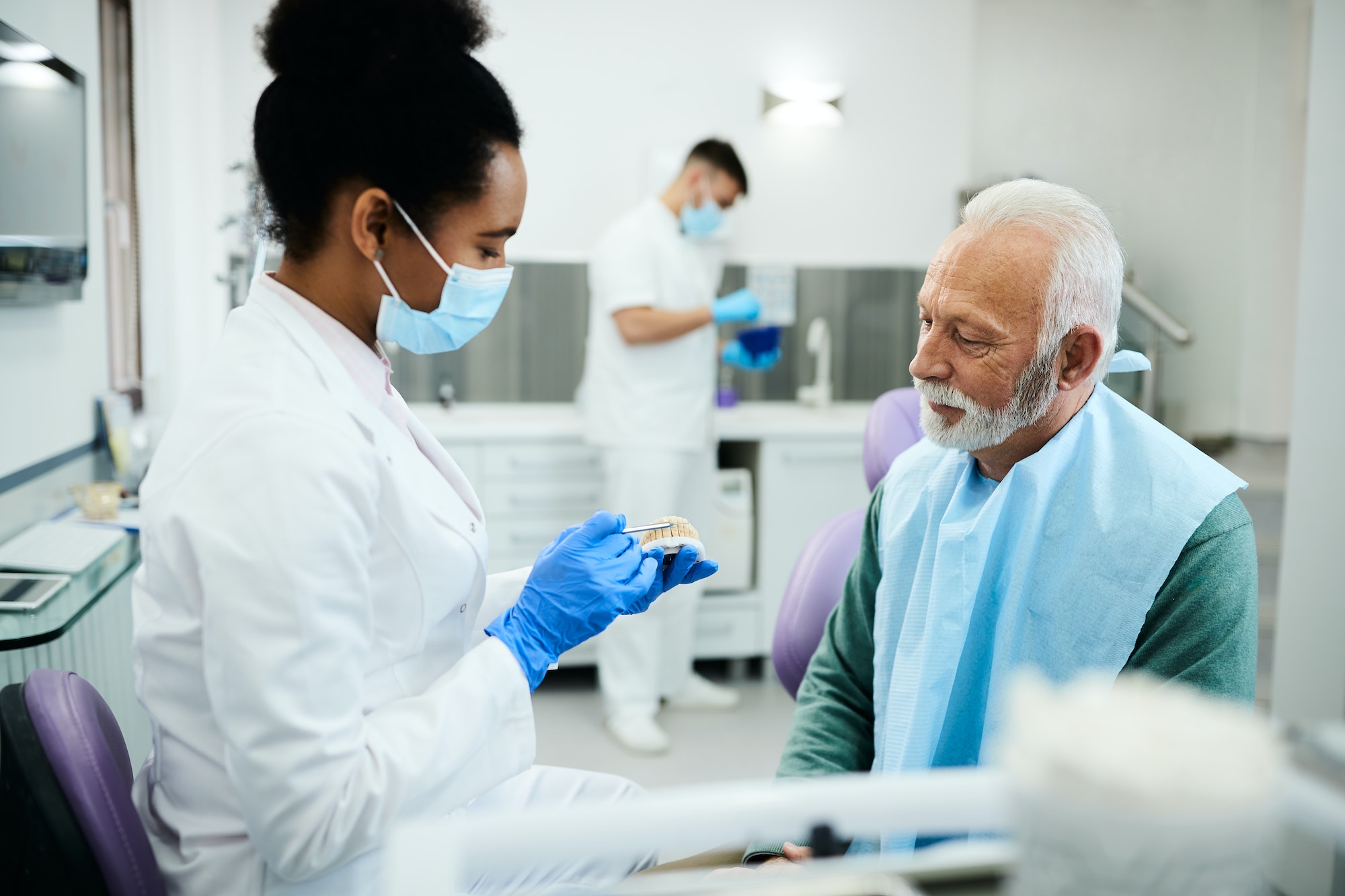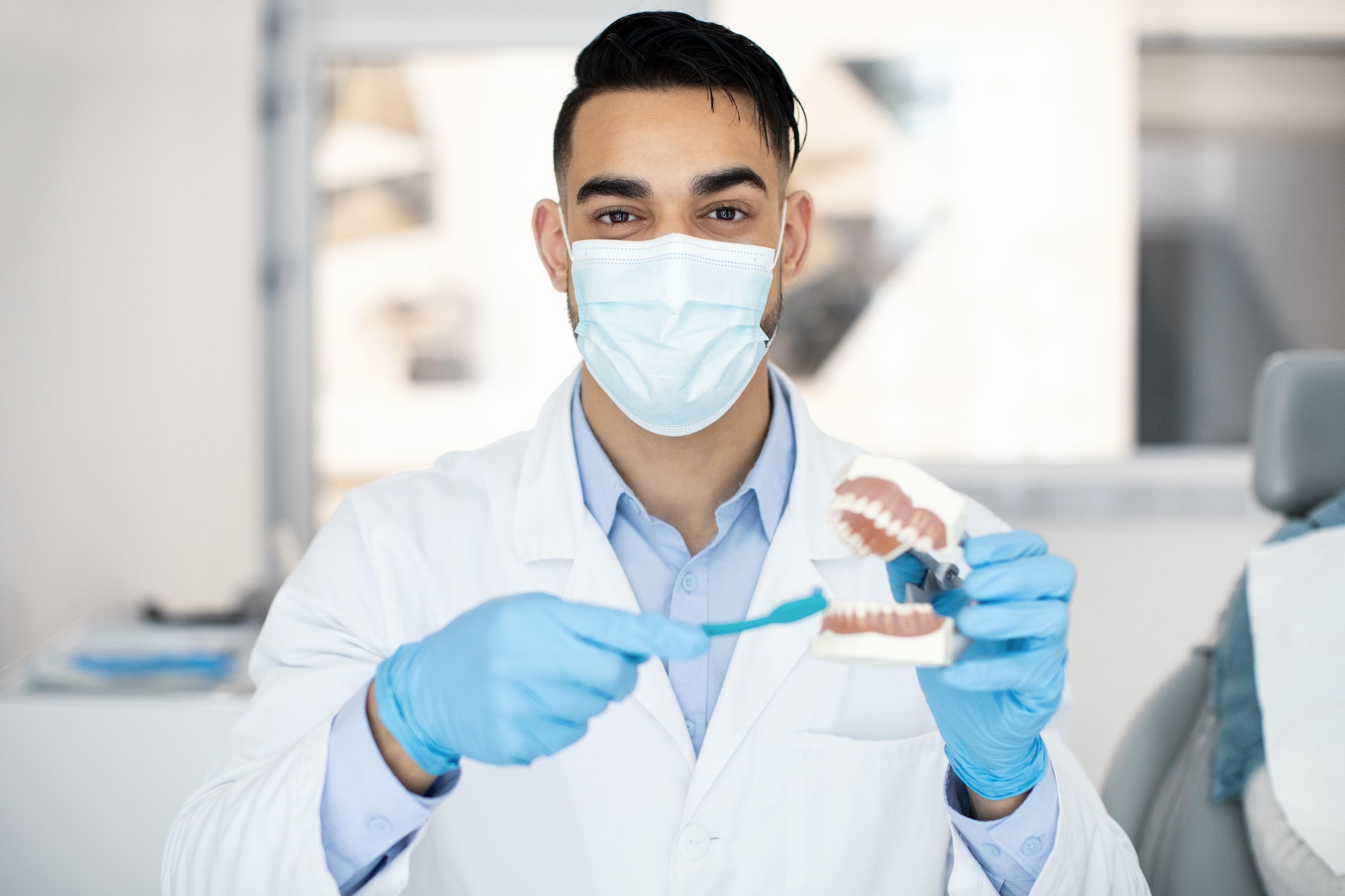If you’re not fond of the needles that Orlando oral surgeons use to administer numbing medication, you may be interested in a new dental discovery. Scientists are currently evaluating a different way to deliver anesthetic: intranasal drugs. Evidence shows that when the anesthetic is administered to the nose via drops or a nasal spray, the medication travels through the primary nerve in the face and collects in high concentrations in the teeth, jaw and other structures of the mouth.
This is great news for patients who need treatment for dental pain, migraines and other oral and maxillofacial conditions, but experience anxiety and fear at the thought of injections. Research shows that 75 percent of adults experience a certain degree of dental anxiety, with some avoiding the dentist altogether because of a crippling fear of needles. A needle-free approach could also decrease the risk of diseases that spread via contaminated needles, and reduce the number of patients who complain of lip swelling or a “fat lip” feeling after their dental procedure.
Researchers in St. Paul, Minnesota, first discovered that when they sprayed lidocaine or Xylocaine (common anesthetics) into the noses of lab rats, the medication traveled down the trigeminal nerve and collected in the rats’ teeth, mouths and jaws in amounts much higher than in the blood or brain.
Several research teams have developed intranasal drugs and are testing them before they are released onto the market and available in dental practices. A research team from the University of Buffalo developed a nasal spray called Kovacaine Mist, which they tested and determined worked as effectively as standard anesthetics in four out of five cases. Kovacaine is currently undergoing safety trials with the U.S. Food and Drug Administration.
For more information about the local anesthetic medications currently being used during dental procedures, contact Dr. Ronald Trevisani. Dr. Trevisani is a board-certified oral and maxillofacial surgeon in Orlando who would be happy to answer your questions and put your mind at ease about surgical treatment.





